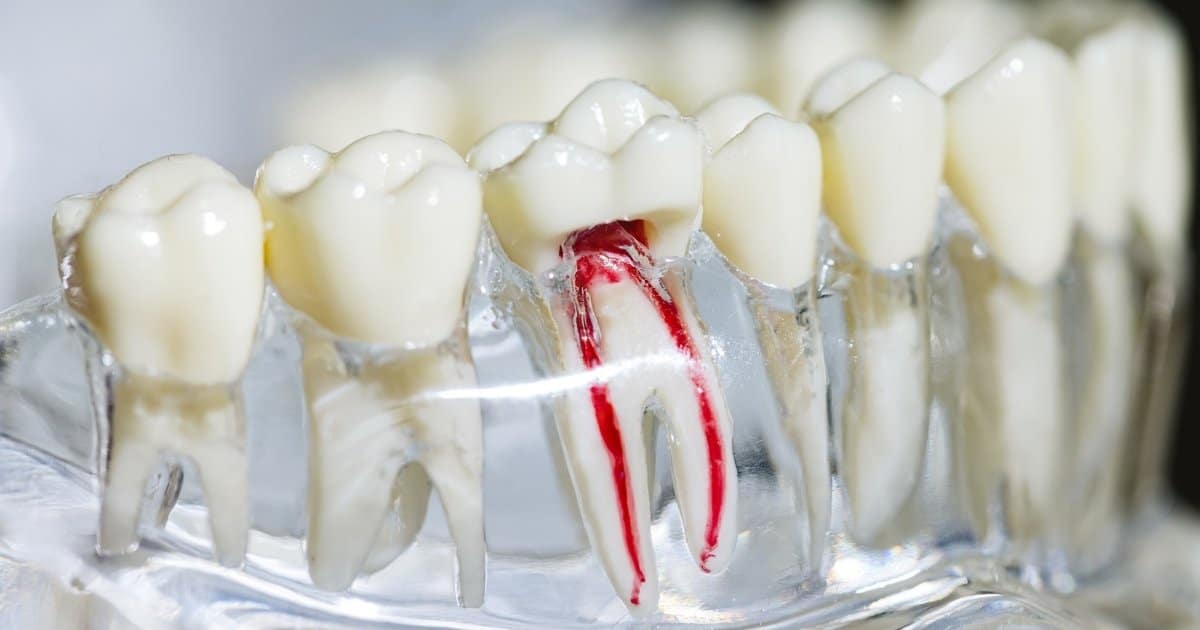Published on January 11, 2025

Many people feel anxious at the thought of getting a root canal, often due to misconceptions about the procedure. However, modern dentistry has made root canals much more comfortable and efficient. Avoiding treatment due to fear can lead to more serious dental issues, including infections and tooth loss. If you’re feeling nervous about an upcoming root canal, there are ways to ease your anxiety and make the experience as stress-free as possible. This guide will cover why dental anxiety occurs, what to expect during the procedure, and practical techniques to help you stay calm before and during your appointment. With the right approach, you can overcome your fears and take control of your oral health.
Dental Anxiety and Its Causes
Dental anxiety is a common issue that prevents many individuals from seeking the care they need. The fear of a root canal often stems from:
- Fear of Pain: Many people associate root canals with pain, though advancements in anesthesia ensure the procedure is virtually painless.
- Negative Past Experiences: A previous unpleasant dental visit may contribute to anxiety about future treatments.
- Loss of Control: Lying in a dental chair for an extended time can make some patients feel helpless.
- Fear of Needles or Drills: The sounds and sensations associated with dental procedures can trigger anxiety.
- Generalized Anxiety Disorder: Some individuals have heightened anxiety levels in medical settings, making any dental procedure stressful.
Understanding the root cause of your anxiety is the first step toward managing it effectively.
What to Expect During a Root Canal?
A lack of knowledge about the root canal procedure in South Side often fuels fear. Knowing what happens during the treatment can help reduce uncertainty and make you feel more in control.
Diagnosis and Preparation
- Your dentist will take X-rays to examine the tooth and surrounding bone.
- A local anesthetic is applied to numb the area, ensuring you feel no pain.
Cleaning the Infected Tooth
- The dentist will create a small opening in the tooth to access the infected pulp.
- The damaged tissue and bacteria are removed, and the inner chamber is cleaned and disinfected.
Filling and Sealing
- The cleaned root canals are filled with a biocompatible material to prevent reinfection.
- In most cases, a temporary filling is placed until a permanent crown is added later.
Restoration
- A crown is usually recommended to restore the tooth’s strength and function.
The entire process is performed under anesthesia, so there is little to no discomfort during the procedure.
Tips to Overcome Dental Anxiety Before and During a Root Canal
Choose the Right Dentist
Finding a compassionate dentist who understands dental anxiety can make a significant difference. Look for a provider who explains procedures clearly and offers a calm, reassuring environment.
Communicate Your Fears
Don’t hesitate to express your concerns to your dentist. They can adjust their approach, provide additional explanations, or offer sedation options to make you more comfortable.
Educate Yourself on the Procedure
Understanding what happens during a root canal can help demystify the process and eliminate unnecessary fear. Research or ask your dentist to walk you through each step.
Try Relaxation Techniques
Practicing relaxation exercises before and during your appointment can help manage stress:
- Deep Breathing: Inhale slowly through your nose, hold for a few seconds, and exhale through your mouth.
- Guided Meditation: Listen to a calming meditation session before your appointment.
- Progressive Muscle Relaxation: Tense and relax different muscle groups to release physical tension.
Consider Sedation Options
For those with severe anxiety, sedation dentistry may be a good choice. Options include:
- Nitrous Oxide (Laughing Gas): Helps you stay relaxed but alert.
- Oral Sedation: A prescribed medication taken before the procedure to reduce anxiety.
- IV Sedation: Administered by a professional for deep relaxation.
Discuss these options with your dentist to find the best solution for you.
Bring a Comfort Item
Having something familiar can help ease stress during the procedure:
- Noise-canceling headphones with soothing music or a podcast.
- A stress ball or fidget toy to keep your hands occupied.
- A weighted blanket if the clinic allows it.
Schedule a Morning Appointment
Getting your root canal done earlier in the day prevents anxiety from building up throughout the day. It also allows you to rest and recover afterward.
Focus on the Benefits
Remind yourself why you’re getting the root canal:
- It relieves pain and prevents further infection.
- It saves your natural tooth, avoiding extractions and replacements.
- It restores your ability to eat and speak comfortably.
Keeping a positive mindset can help reframe the experience as a step toward better oral health rather than something to fear.
Aftercare and Recovery: What to Expect
Once your root canal is complete, proper aftercare is essential for a smooth recovery.
- Mild Discomfort is Normal: Some soreness or sensitivity may occur for a few days, but it can be managed with over-the-counter pain relievers.
- Follow Your Dentist’s Instructions: Avoid chewing on the treated tooth until the final crown is placed.
- Practice Good Oral Hygiene: Brush and floss regularly to prevent future infections.
- Watch for Warning Signs: Contact your dentist if you experience severe pain, swelling, or signs of infection.
Dental anxiety is common, but it shouldn’t prevent you from getting the treatment you need. By choosing a supportive dentist, practicing relaxation techniques, and understanding what to expect, you can make your root canal a stress-free experience. Modern dentistry has transformed this once-feared procedure into a routine and painless solution for saving teeth. Taking steps to overcome anxiety not only helps during a root canal but also encourages better long-term oral health. If you’re feeling nervous about an upcoming procedure, talk to your dentist about your concerns—they are there to help make your experience as comfortable as possible.
